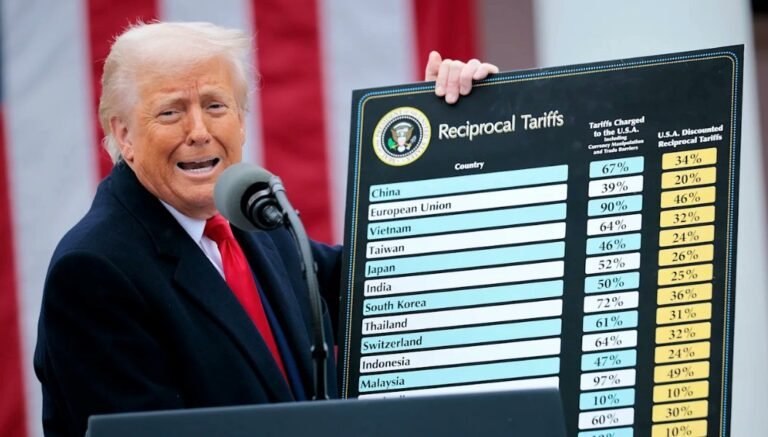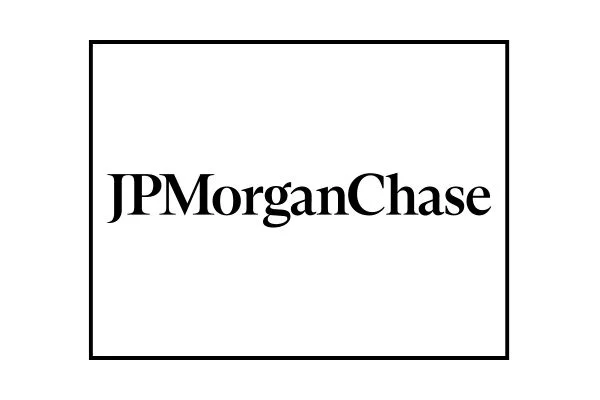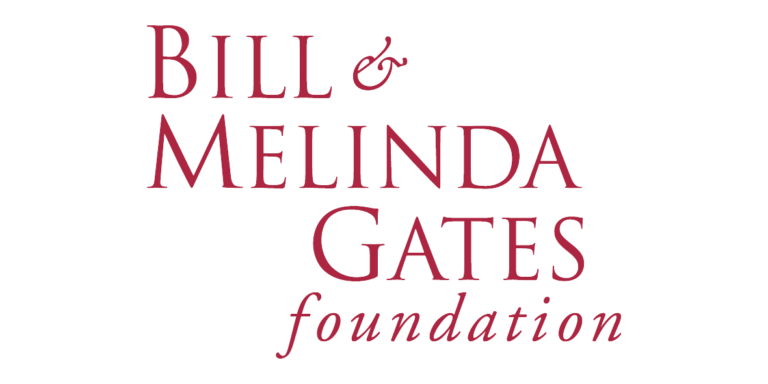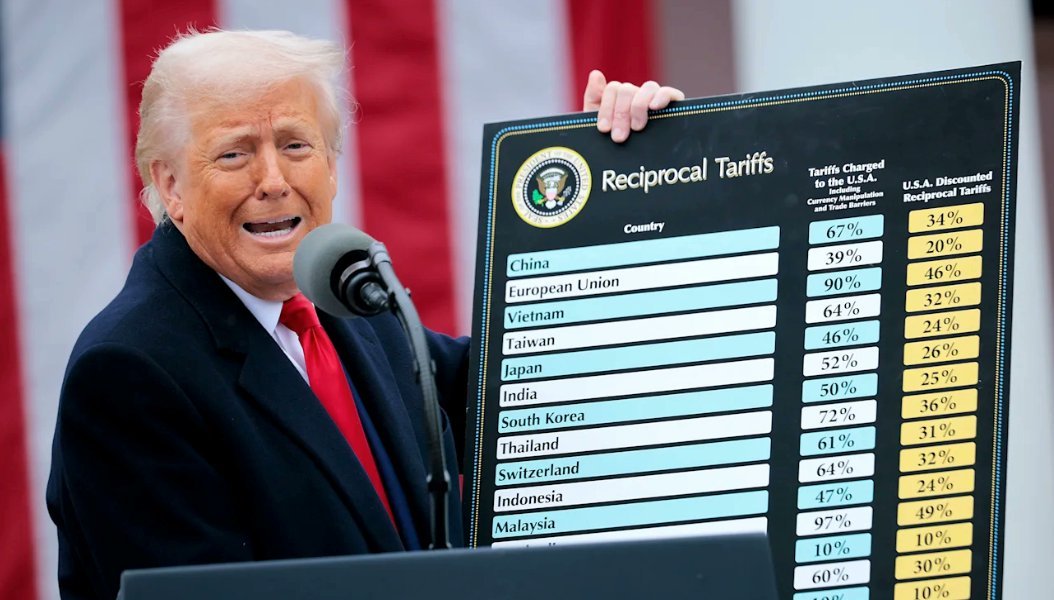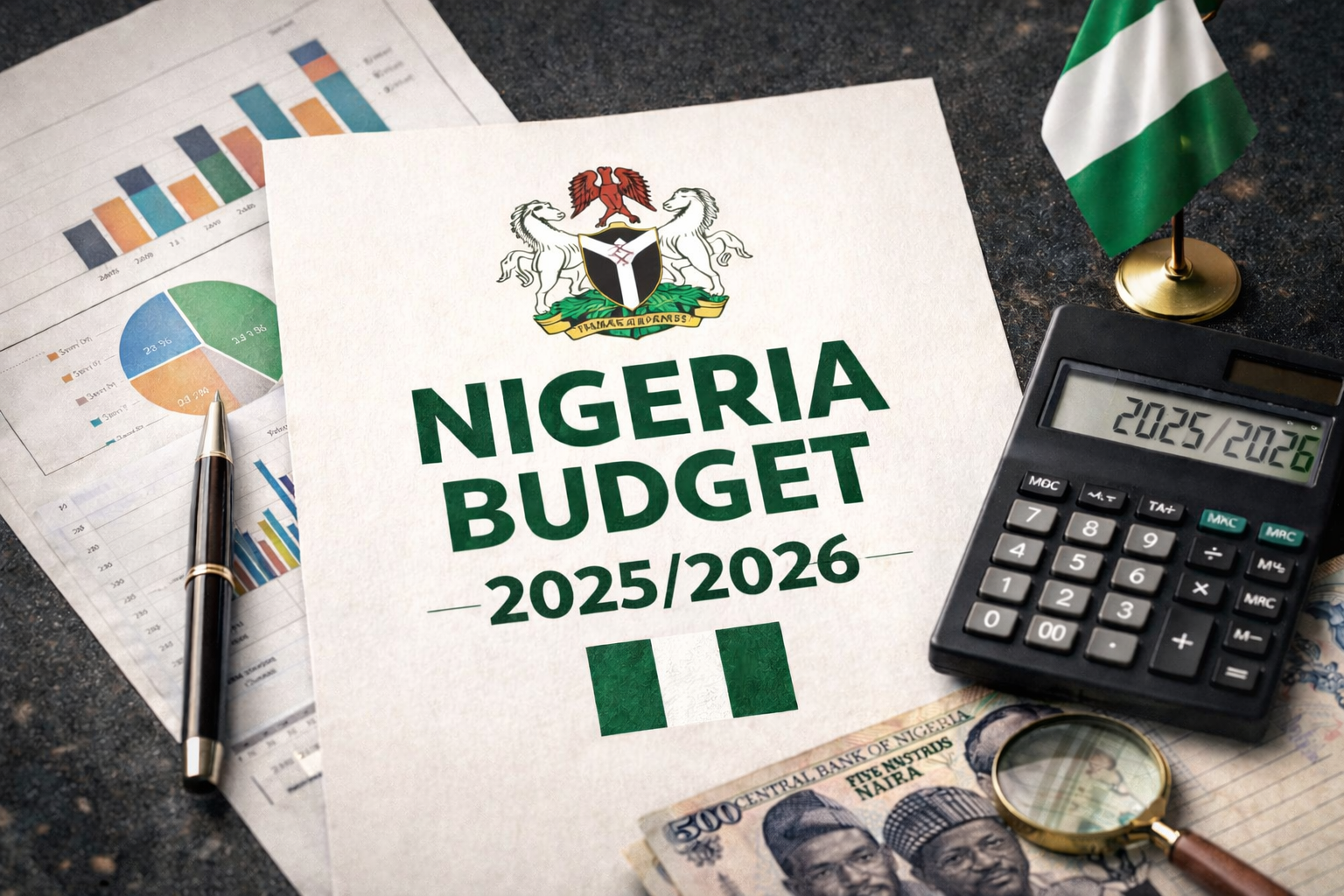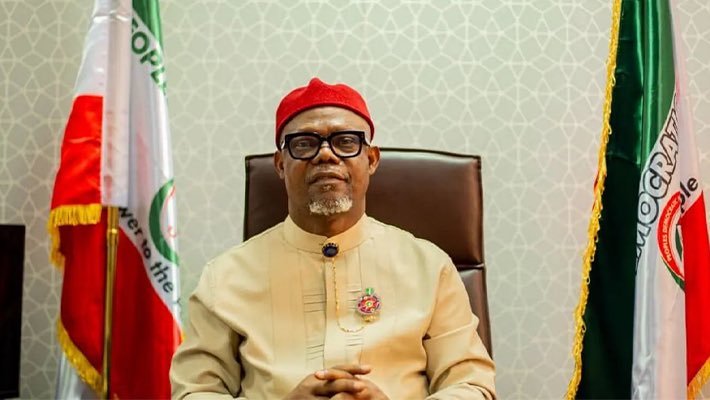The US Treasury has stepped into Argentina’s currency market for the first time, marking a rare intervention aimed at stabilizing the embattled peso.
Treasury Secretary Scott Bessent confirmed that the US had “directly purchased Argentine pesos” after the South American country’s central bank depleted much of its reserves defending the currency.
Since 1996, the US has intervened in currency markets only three times, underscoring the extraordinary nature of Thursday’s move.
Also Read:
- Argentina's Central Bank Sells $1.1B in Reserves to Save Peso Amid Election Chaos
- Argentina’s Javier Milei Issues Decree to Secure IMF Loan, Sidestepping Congress
- Argentina’s President Milei Faces Fraud Allegations Over $LIBRA Token Promotion
- Argentina Votes for Big Economic Reforms as It Elects Radical Economist
The decision highlights Washington’s growing concern over Argentina’s financial stability and its political ally President Javier Milei’s reform agenda.
Bessent also revealed that the US Treasury had “finalized a $20bn currency swap framework” with Argentina’s central bank to provide liquidity support.
He emphasized that the success of Milei’s free-market reforms was “of systemic importance.”
“Argentina faces a moment of acute illiquidity,” Bessent said, adding that the Treasury “is prepared, immediately, to take whatever exceptional measures are warranted to provide stability to markets.”
The statement reflects Washington’s intent to reinforce confidence in Milei’s fiscal program and avert a deeper crisis before the October 26 midterm elections.
Argentina’s financial markets reacted positively to the news, with the peso strengthening 0.6 percent to its highest level in a week.
The country’s 10-year dollar bond yield fell to 11.47 percent, its lowest since September, signaling investor relief.
Economy Minister Luis Caputo expressed gratitude to the US Treasury, saying, “Your steadfast commitment has been remarkable.”
The show of support from Washington temporarily eased investor fears that Argentina could exhaust its reserves before the elections.
Argentina has been selling dollars aggressively to defend the peso, with economists estimating $1.8bn sold in just seven sessions.
The central bank now holds roughly $13bn from an International Monetary Fund loan, which it can deploy under the IMF bailout terms when the peso hits its lower exchange rate limit.
Milei’s government has maintained fixed exchange rate bands to curb inflation and prevent a sharp devaluation before the vote.
Still, many local economists argue the current band overvalues the peso, warning of a potential adjustment after the election.
The intervention draws parallels with the US Treasury’s 1994 support for Mexico, when the Exchange Stabilization Fund (ESF) lent $20bn weeks after the peso crisis.
The fund last played a major role in 2011 during a coordinated G7 effort to sell yen after Japan’s earthquake.
Bessent reaffirmed that Argentina’s “exchange rate band remains fit for purpose” and said “Argentina’s policies, when anchored on fiscal discipline, are sound.”
However, dollar futures markets continue to price in a sharp post-election devaluation, reflecting lingering doubts about sustainability.













